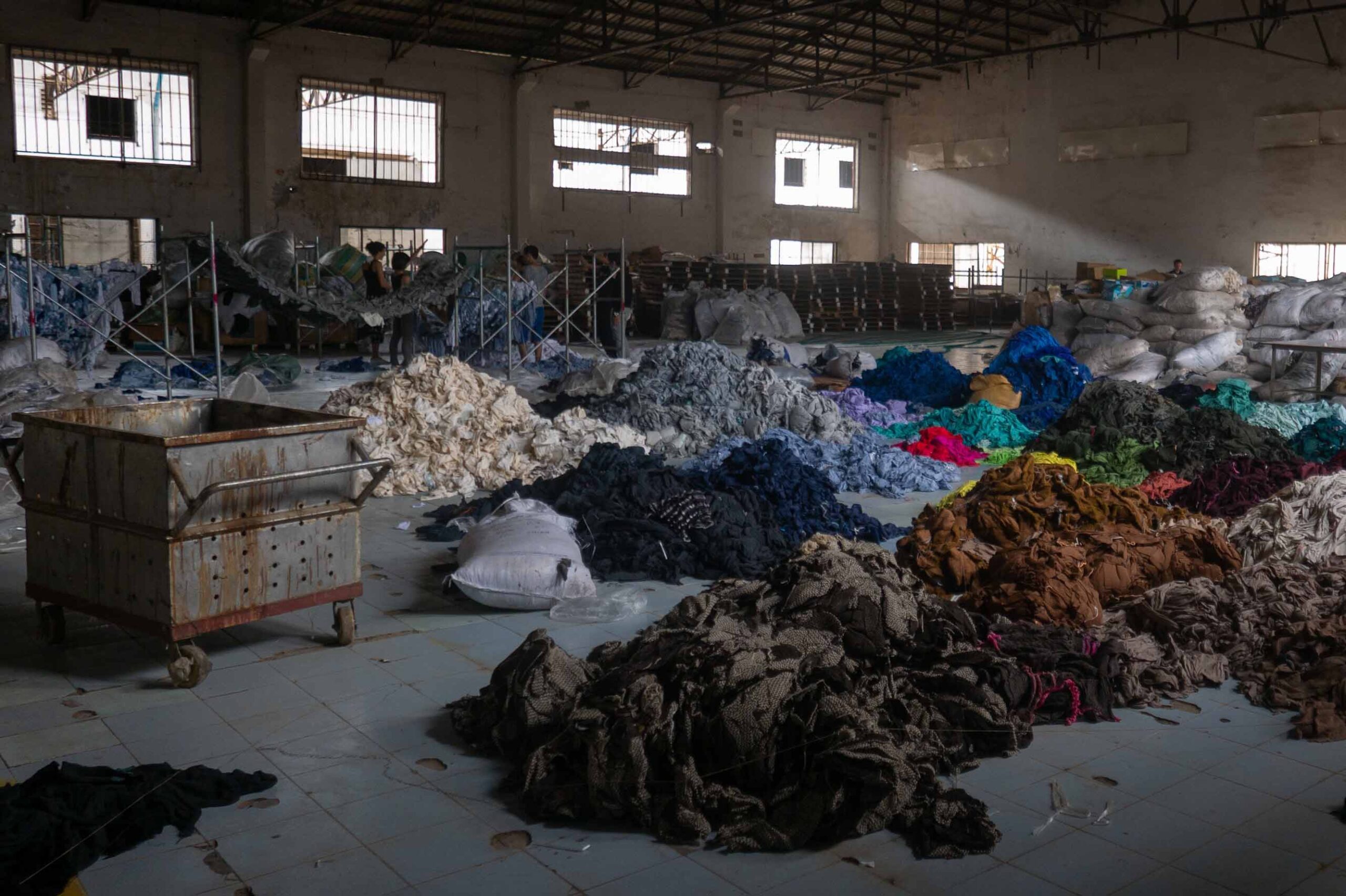Financial crime might not be on the top of your list of things to worry about currently, given the daily challenges organizing personal health and safety, worries related to your work environment, taking care of family members, friends or neighbours.
But threats from financial crime and attempts from money laundering activities do not just disappear, on the contrary there is a high probability that stakes are rising.
Identifying new and emerging Money Laundering (“ML”) Risk
The Financial Crimes Enforcement Network(FinCEN)1, the United States Financial Intelligence Unit is monitoring new tendencies in financial crime during the COVID-19 crisis. Key emerging trends identified are investment scams, product scams and insider trading.
The Financial Action Task Force2, the Paris based OECD body states that “Criminals are taking advantage of the COVID-19 pandemic to carry out financial fraud and exploitation scams, including advertising and trafficking in counterfeit medicines, offering fraudulent investment opportunities, and engaging in phishing schemes that prey on virus-related fears. Malicious or fraudulent cybercrimes, fundraising for fake charities, and various medical scams targeting innocent victims are likely to increase, with criminals attempting to profit from the pandemic by exploiting people in urgent need of care and the goodwill of the general public and spreading misinformation about COVID-19. National authorities and international bodies are alerting citizens and businesses of these scams, which include impostor, investment and product scams, as well as insider trading in relation to COVID-19. Like criminals, terrorists may also exploit these opportunities to raise funds.”
The European Banking Authorit3 points out that “experience from past crises suggest that in many cases, illicit finance will continue to flow. For example, there is already some evidence of increased levels of cybercrime, COVIG-19-related frauds and scams targeting vulnerable people and companies, of fake fundraising campaigns and of criminal networks selling rationed goods at a higher price. Furthermore, as criminals are highly adaptive, new techniques and channels of ML are likely to emerge”. Companies, banks (including Microfinance Institutions) should therefore
- Focus on identifying, and raise awareness of, new ML typologies when spotted;
- Stay alert to ML techniques that might change due to the economic downturn and where necessary, update the ML risk assessments accordingly. This might be financial products that become less attractive for ML due to diminishing returns, or MLO techniques that give rise to an increased risk of detection, such as early repayment of loans;
- Continue to monitor transactions and pay attention to any unusual or suspicious patterns in customers’ behaviours and financial follows. Financial institutions should take risk-sensitive measures to establish the legitimate origin of unexpected financial flows, where these financial flows stem from customers in sectors that are known to have been impacted by the economic downturn and CVID-19 mitigation measures. Examples of such customers include cash-intensive businesses in the retail sector, companies involved in international trade.
Crisis pressure can trigger desperate action
Company or business owners and their managers are facing extreme financial pressures and therefore might act differently to the normal conduct of business. Temptation to cut corners, incl. abusing government bailout schemes may also be on the table.
Another aspect is online business. Companies who have not previously operated online distribution channels are shifting towards such models in order to partially compensate for missing revenue and sales due to a lock-down situation. with this comes a potential increase in cyber security threats that need to be considered. Business owners in a lock-down scenario with little to no revenues might be exposed to attempts to accept illegal money for money layering purposes.
Staying alert during the pandemic
The COVID-19 pandemic provides for new avenues of possible crimes. Money proceeds from these activities will face the fight of banks, financial institutions, regulatory and Financial Intelligence units and law-enforcing agencies which will adapt to the new types of risk arising.
Let us all together stay alert, especially during the pandemic!
Footnotes
1 FinCEN notices to Financial Institutions, https://www.fincen.gov/coronavirus
2 FATF President statement, http://www.fatf-gafi.org/publications/fatfgeneral/documents/statement-covid-19.html
3 EBA statement on actions to mitigate financial crime risks in the COVID-19 pandemic, 31,03.2020, https://eba.europa.eu/coronavirus













